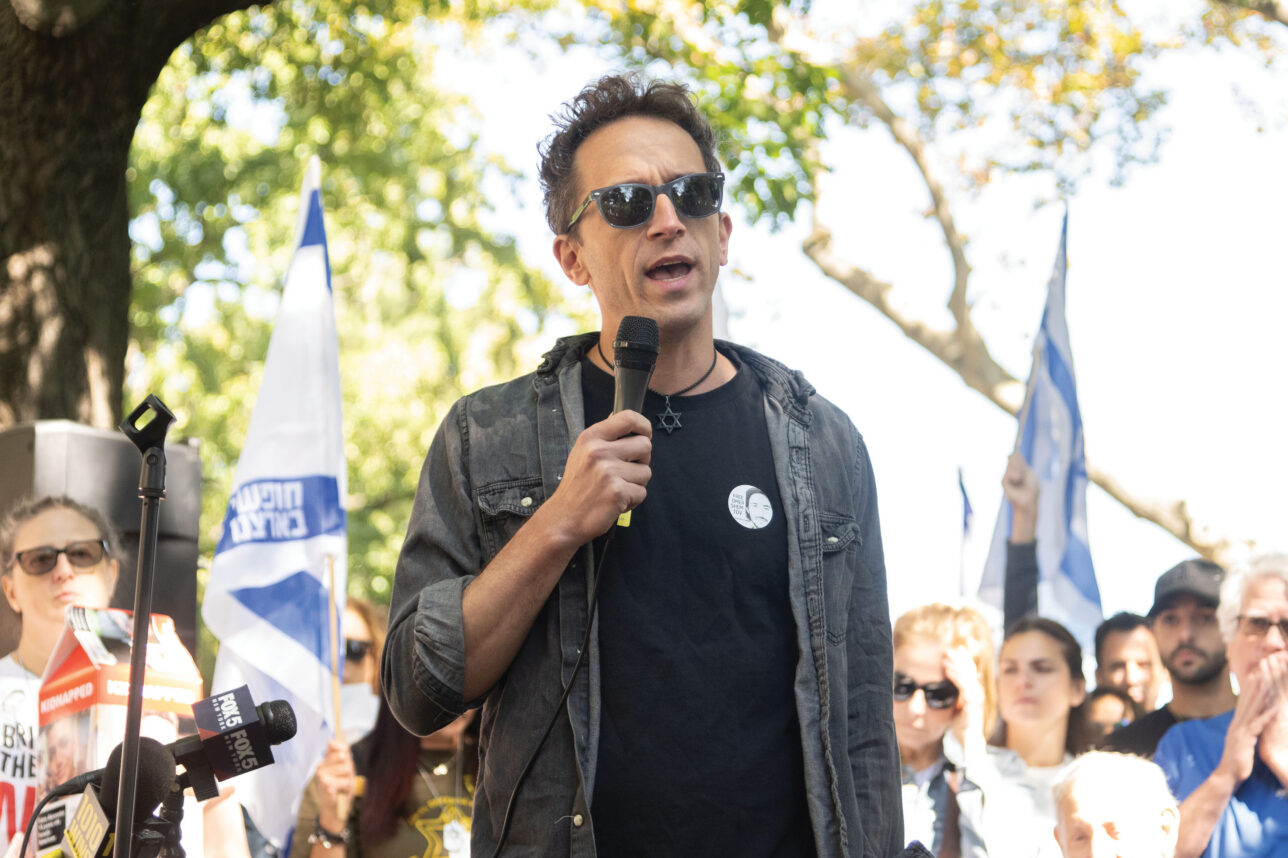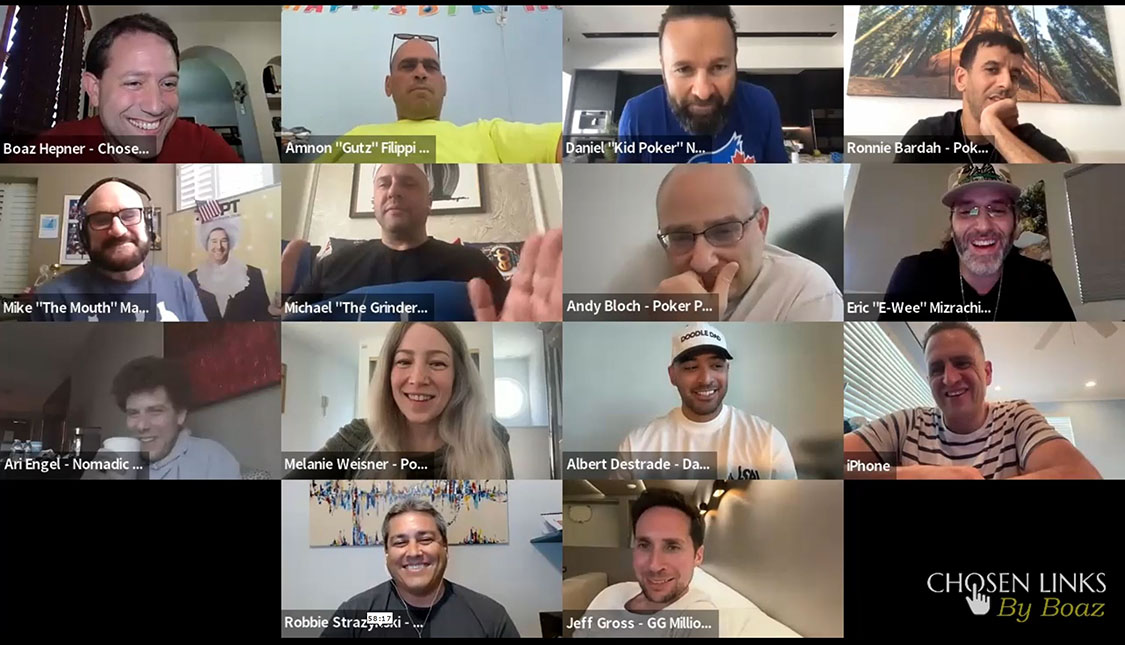
CASEPAC, the nation’s sole political action committee (PAC) dedicated to fighting antisemitism, announced on May 18 that their new executive director is Bryan Leib, who pledged “to go on offense.”
Leib has previously worked as the head of Iranian Americans for Liberty and is a television commentator and op-ed contributor on foreign policy issues. Leib told the Journal in a phone interview that CASEPAC is nonpartisan and will throw their weight behind any congressional candidate “who share in our unwavering commitment to combating all forms of the IHRA [International Holocaust Remembrance Alliance] definition of antisemitism.” CASEPAC was first established a couple years, but hasn’t been particularly active over the past year, Leib said, which is why he was brought in to “really take this thing to the next level.”
One of Leib’s goals for CASEPAC is to raise $1 million over the next year and “utilize the vast majority of that money to supporting members of Congress who have a track record of speaking out against all forms of antisemitism and we’re also looking to support first-time candidates from around the country that also sign onto our pledge to really combat antisemitism,” Leib said, adding that he decided to take on the role since he is the first grandson of a Holocaust survivor and “antisemitism is out of control in this country right now.” “Whether it’s from the lack of knowledge of the Holocaust in the under 40 years old demographic to the sharp rise of attacks of Jews all around the country, enough is enough,” Leib said. “I think way too many Jewish groups and political action committees as well have been playing prevent defense for too long. It is time to go on offense.”
Leib’s plan of offense includes naming and shaming members of Congress and congressional candidates who make antisemitic statements in various graphics and videos on social media as well as writing op-eds and letters to editors in local news outlets within the congressional member or candidate’s district. Additionally, Leib plans to name and shame individuals on TV, talk radio and podcasts.
“We’re going to take the fight directly to people,” Leib said. “It’s really a combination of two things: one, we’re supporting existing members of Congress, congressional candidates who we feel, based on their record, really support fighting antisemitism. And then secondly, we’re going to take the fight directly to anyone who traffics directly in antisemitism. Obviously I’m talking about people like Ilhan Omar, who accused Jews of dual loyalty. I’m talking about Rashida Tlaib, who recently, once again, labeled Israel as an apartheid nation. We’re going to take the fight directly to these people because they think they can get away with these things and we’re going to make sure that they can’t.”
Leib contended that often members of Congress receive a “slap of the wrist” when trafficking in antisemitic tropes, citing the resolution that was passed in the House of Representatives in 2019 in response to Omar’s “it’s all about Benjamins” and dual loyalty comments. The resolution initially “named and shamed her for what she said, and unfortunately when push came to shove, the resolution was so watered down it was kind of an All Lives Matter, all everything instead of specifically addressing what happened,” Leib said, “and I think if CASEPAC had been on the scene back then, we would have been able to play a much bigger role in making sure that resolution was not watered down.”
CASEPAC will also focus other political figures at the federal level––including appointed officials––as well as legislation related to antisemitism. Leib pointed out that the Biden administration has recently said they might not codify the IHRA definition of antisemitism throughout the federal government, so CASEPAC plans to lobby Biden to “move forward with what he said he was going to do.” “When it comes to antisemitism, we’re gonna be very involved and there’s some ideas that we have for different legislation and other things that we can do to partner with members of Congress to really raise awareness about antisemitism,” Leib said, adding that it could be “as simple as having a conversation with a member of Congress” and encouraging them to use their platform and speak out against rising antisemitism.
“The more people speak out, the more it kind of shifts the conversation a little bit and shows the Jewish people that we do have nonpartisan support from Democrats and Republicans when it comes to fighting back against antisemitism,” Leib said.


































